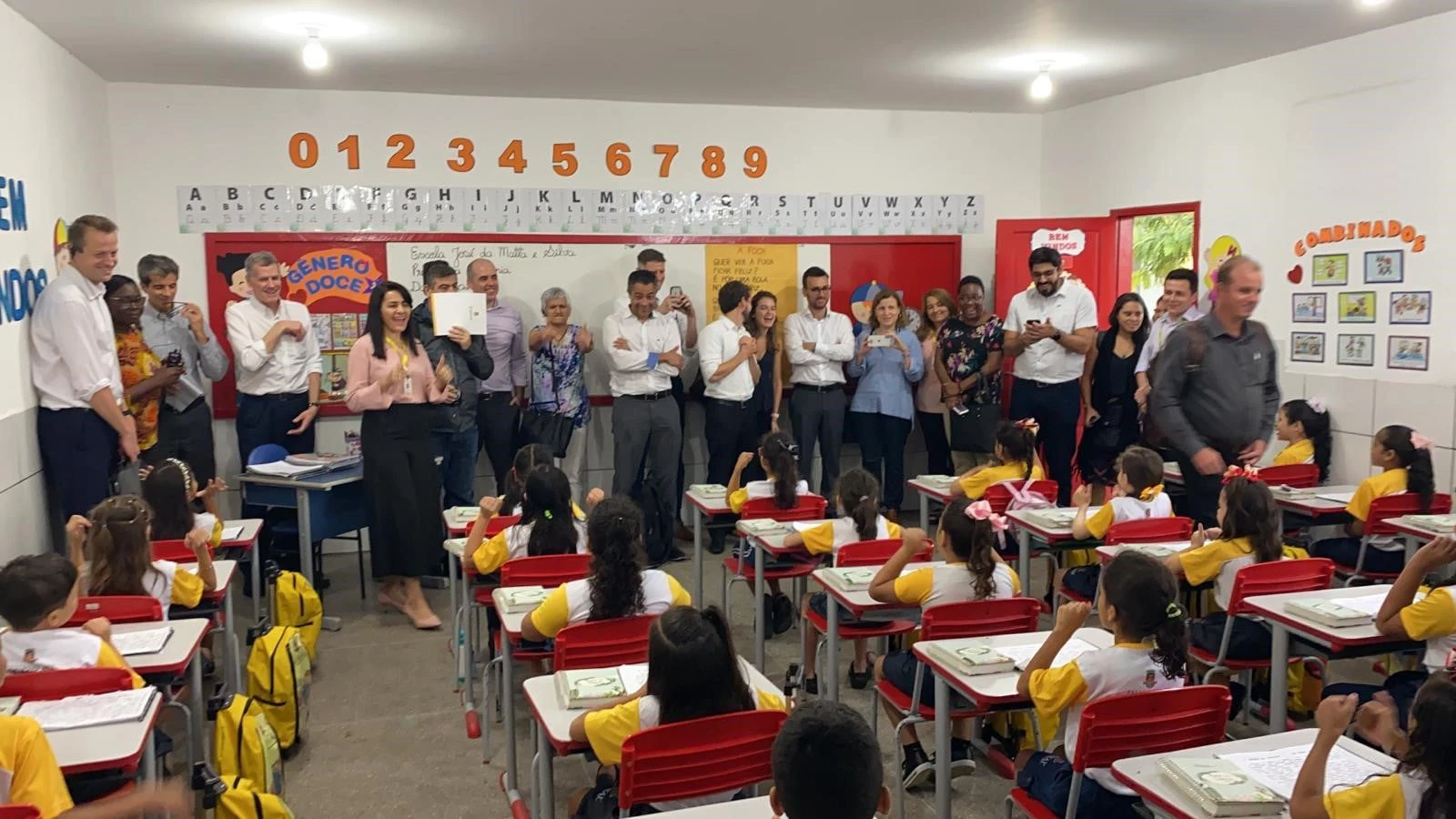 Sala de aula em Sobral, Brasil, recebendo visita da delegação do Banco Mundial. Fevereiro de 2020.
Sala de aula em Sobral, Brasil, recebendo visita da delegação do Banco Mundial. Fevereiro de 2020.
The COVID-19 pandemic has severely disrupted life as we knew it. In education, massive school closures have left over a billion children out of school. The situation will exacerbate the already existing global learning crisis - before COVID-19 global learning poverty – the percentage of 10-year-old children who cannot read and interpret a simple text –stood at 53% and reached up to 90% in Africa. Without effective remedial policy action, the negative impacts on learning of the pandemic will impinge huge economic losses for the current generation of learners and economies.
The policy response to the COVID-19 shocks to education needs to be comprehensive and well-planned to ensure that education systems are “built back better than before”. Learning from successful experiences in education is key to help develop this response. Many lessons on how to successfully fight learning poverty and improve foundational learning can be learned from Ceará - a relatively poor state in Northeastern Brazil with 9 million inhabitants - and Sobral - a 200-thousand-inhabitants municipality where 20 years ago 8 out of 10 kids were illiterate. These lessons are even more important now that Brazil and the world will have to recover from the effects of the pandemic on learning outcomes and, in this process, have an opportunity to deeply reform their education systems to accelerate learning.
As part of an effort to learn more about globally successful cases, a team of education specialists from the World Bank visited Ceará and Sobral in early February. We were a group formed by people of eight nationalities with the expectation of discovering a great secret to spread to the world.
From professor Izolda Cela, vice-governor of Ceará who led the main educational reforms in the state as secretary of education and from Ivo Gomes, mayor of the municipality of Sobral, who also led several of the main education reforms in that municipality, we heard the same answer: There is no secret, really! It boils down to a strong focus on the basics, e.g, teaching children how to read by the right age, and making everyone and the system to coherently work towards that goal.
The recipe seems simple, but for many other education systems that want to emulate the success of Sobral and Ceará in education, what happened there still looks like a big puzzle. In recent reports, a Bank team distilled the lessons from Ceará and Sobral in improving foundational learning. Let us here tease out the main ingredients of their formula.
First, the facts: Learning improved much faster in Sobral, first, and then in Ceará as a whole
The municipalities of Ceará, and notably Sobral, had the biggest increase in education quality (as measured by Brazil’s Basic Education Development Index, IDEB) between 2005 and 2017. Almost all of the 184 Ceará municipalities initially had very low levels of quality in teaching and very limited resources, investing about a third of the per student education spending of wealthier Brazilian states, such as São Paulo.
In just over a decade, Ceará improved the quality of education so much faster than the rest of Brazil. Among them, Sobral went from a bottom-ranked municipality to become first for both primary and lower secondary education and to reach levels of education quality comparable with those of world-class education systems as measured by PISA. Today Ceará has the lowest rates of learning poverty in Brazil and features 10 of the 20 top-ranked municipalities, and Sobral has some of the best primary schools in Brazil. Moreover, the outstanding educational results of Ceará and Sobral students are well above what would be expected given the socioeconomic context in which they live and learn.
So then, what are the key ingredients of the formula for the success in education of Ceará and Sobral?
At a fundamental level, what municipal schools in Ceará have accomplished is firmly grounded in insights from the Science of Learning, which emphasize three key principles: first, that learning needs to happen with joy, rigor and purpose; second, that improvement requires readiness, opportunities and incentives to get better; and third, that sustained performance improvement requires constant and focused feedback. Sobral, first, and then Ceará have embraced these principles in the day-to-day practices and interactions of students, teachers, principals and even district officials in classrooms and schools.
At the education system level, these principles manifest in having a clear diagnostic of learning and system performance, focusing the efforts on top priorities for improvement, and then choosing the right set of strategies and implementing them in a coordinated and persistent fashion with all key education stakeholders.
Concretely, the formula for education success of Ceará has five main ingredients, which are supported by international evidence on what works in education. The first three ingredients involve sound financing and pedagogical policies, namely: (i) incentives, both financial and non-financial, for municipalities to achieve better education outcomes; (ii) technical support to the municipal school networks struggling to improve learning goals, with a strong focus on enhancing teacher effectiveness and achieving universal literacy at the right age; and (iii) the use of a robust and reliable monitoring and assessment system, which continuously assesses key results of education, chiefly student learning. These three ingredients emphasize instructional coherence in terms of the alignment of the curriculum (what students are expected to learn), teachers’ pedagogical approaches (how students are taught), and learning assessment (how the system checks whether students are learning). They also show consistent implementation over time building on earlier preparatory reforms.
The fourth ingredient is a high degree of autonomy for municipalities to design and implement their education policies. Together with the first three, this leads to the creation of a culture where feedback is essential to improve performance throughout the system. What stroke us the most in visiting Ceará and Sobral is that when asked about the potential drawbacks of the use of assessments and incentives to drive performance, principals, teachers, and administrators generally reframed the conversation: they see feedback and incentives as critical to achieve learning for all rather than as instruments of accountability. The last, but not least, ingredient that makes it all stick together and enables action is a sustained political leadership and commitment to education quality.
Recipe for success in education in the state of Ceará
No other municipality exemplifies this non-miraculous recipe better than Sobral.
What has led Sobral to become the best education system in Brazil is the coherent mix of: (i) Effective and continuous use of student assessment, through written and oral evaluations of all children focused on reading fluency, and using learning outcomes extensively to guide education policy and in-classroom pedagogical practices; (ii) Focused and well-aligned curriculum, with a clear learning sequence and prioritization of foundational skills, particularly literacy at the right age, as well as its full alignment with national, state and municipal assessments, textbooks and teacher training; (iii) Prepared and motivated teachers, with focused and practical professional development, classroom observations and support through structured lesson plans aimed at improving teaching practices and the use of teacher incentives and learning assessments to drive better performance; and (iv) Autonomous and accountable school management with school principals being identified by a meritocratic selection process and then being allowed a high level of school autonomy and financial and non-financial incentives for principals linked to reaching student learning targets of her/his school and substantial support from the secretariat of education to school management.
Recipe for success in learning in the city of Sobral
All of the successful education policy reforms in Ceará and Sobral involved a crucial first step: political leadership and a commitment to put learning first or as a high-level official put it “to take politics outside of schools”. Strong political leadership is needed to confront the resistance from stakeholders whose interests are not always well-aligned with student learning. Again in Sobral sustained and strong political leadership has placed education as a top priority, as made explicit by a sharp overarching goal: ensure that all students are fully literate by grade 2.
Countries that are firmly committed to achieving learning for all can well start with establishing similar time-bound, ambitious targets to eliminate learning poverty, and adapt the key ingredients of the success formula of Ceará and Sobral to their own country contexts. That is the real magic!
To learn more about what worked in Ceará and in Sobral, check out our webpage with a variety of resources on both experiences

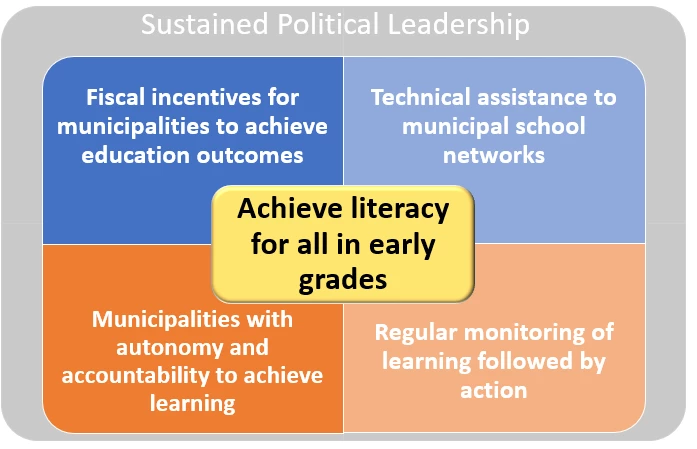
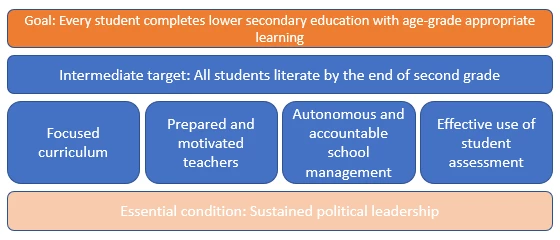
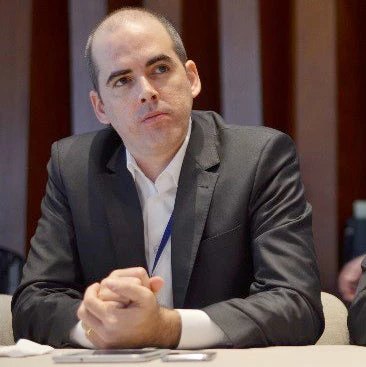

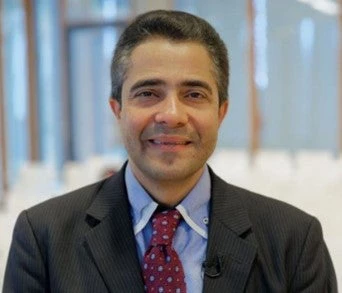
Join the Conversation